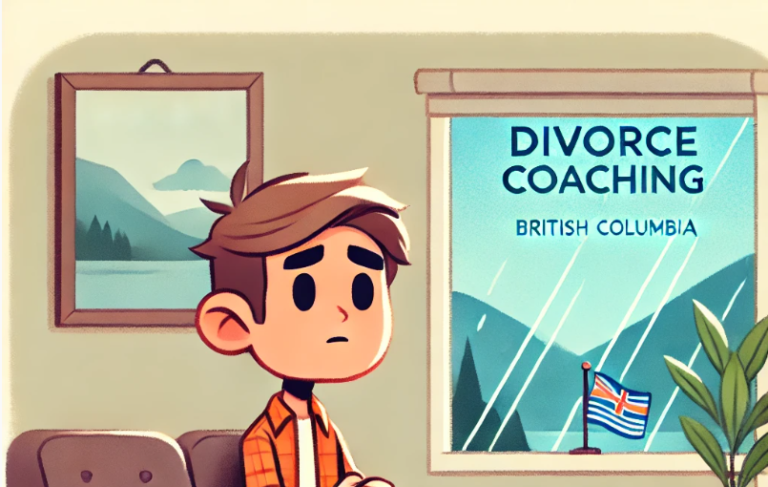Divorce coaching in BC is something worth looking into. I’ve sat in on dozens of collaborative divorce meetings here in BC. I’ve also watched people come in furious and walk out, if not friends, at least calm enough to split without setting the house on fire. That shift doesn’t happen because of a magic clause in a separation agreement. It happens because of the work divorce coaches do behind the scenes.
They’re not therapists moonlighting in family law. Divorce lawyers run the collaborative process and keep it from falling apart. They see through the arguments and help people hear each other—sometimes for the first time in years.
Most people I’ve seen try to DIY their divorce coaching end up burning more money on legal bills later. One couple I worked with fired their coach early to “save cash” and then dropped $18,000 extra in legal fees within four months. The coach would have cost them less than a third of that.
And don’t confuse a coach with a counsellor. These aren’t weekly therapy sessions. Coaches are tacticians. They prepare you before the lawyer ever shows up. One client said it best: “My coach got me out of fight mode. I could finally sit across the table from my ex and talk like a parent, not an opponent.”
Coaches are important
Most coaches here in BC have mental health backgrounds. They come from backgrounds in psychology, social work, and family systems. But they have explicitly trained for collaborative divorce. That means they sign the same participation agreement as the lawyers. They can’t jump ship and testify in court later. No surprise cross-exams. That builds trust. And without trust, collaborative law doesn’t work.
In my experience, the coach is often the glue. They meet with each person separately, clarify what matters most (rarely about the couch or the car), and keep things human when the lawyers discuss the division of assets or parenting time. Especially if kids are involved, the coach helps parents focus on co-parenting long-term. It’s more than just winning the short-term battle.
Divorce rates in BC are around 38%, and about 1 in 4 cases involve collaborative law. But among the ones that use a coach? The success rate jumps. Less litigation. Shorter timelines. Less trauma for the kids.
If you’re considering going the collaborative route, don’t just look for a lawyer. Find a coach who knows the terrain and how to keep you from walking off a cliff.
Addressing parenting issues
In group settings, divorce coaches in BC play a pivotal role in facilitating communication and steering the collaborative process toward resolution. They assist in creating functional co-parenting plans and addressing parenting issues, fostering healthy post-divorce communication styles.
Within the larger team, coaches serve as invaluable resources for understanding sensitive issues, addressing emotional hurdles, and providing insights into emotional facets requiring attention.
To qualify as a Divorce Coach, specific accreditation is required in British Columbia, including being a Registered Psychologist, Clinical counsellor, approved Social worker, Psychiatrist, or a member of the Association for Marriage and Family Therapy or Canadian Counsellors Association.
Divorce coaching in BC
They need a solid academic background and practical experience in Family systems theory, individual and family life cycle development, and the ability to evaluate individual and family strengths, as well as challenges during separation and divorce in British Columbia.
A minimum of five years of clinical experience dealing with couples, families, and systemic issues is mandatory, alongside similar therapeutic experience with divorcing families.
They should be respectable members of a coaching group, having at least fifty hours of professional coaching, communication skills, collaborative training, and advanced mediation training.


